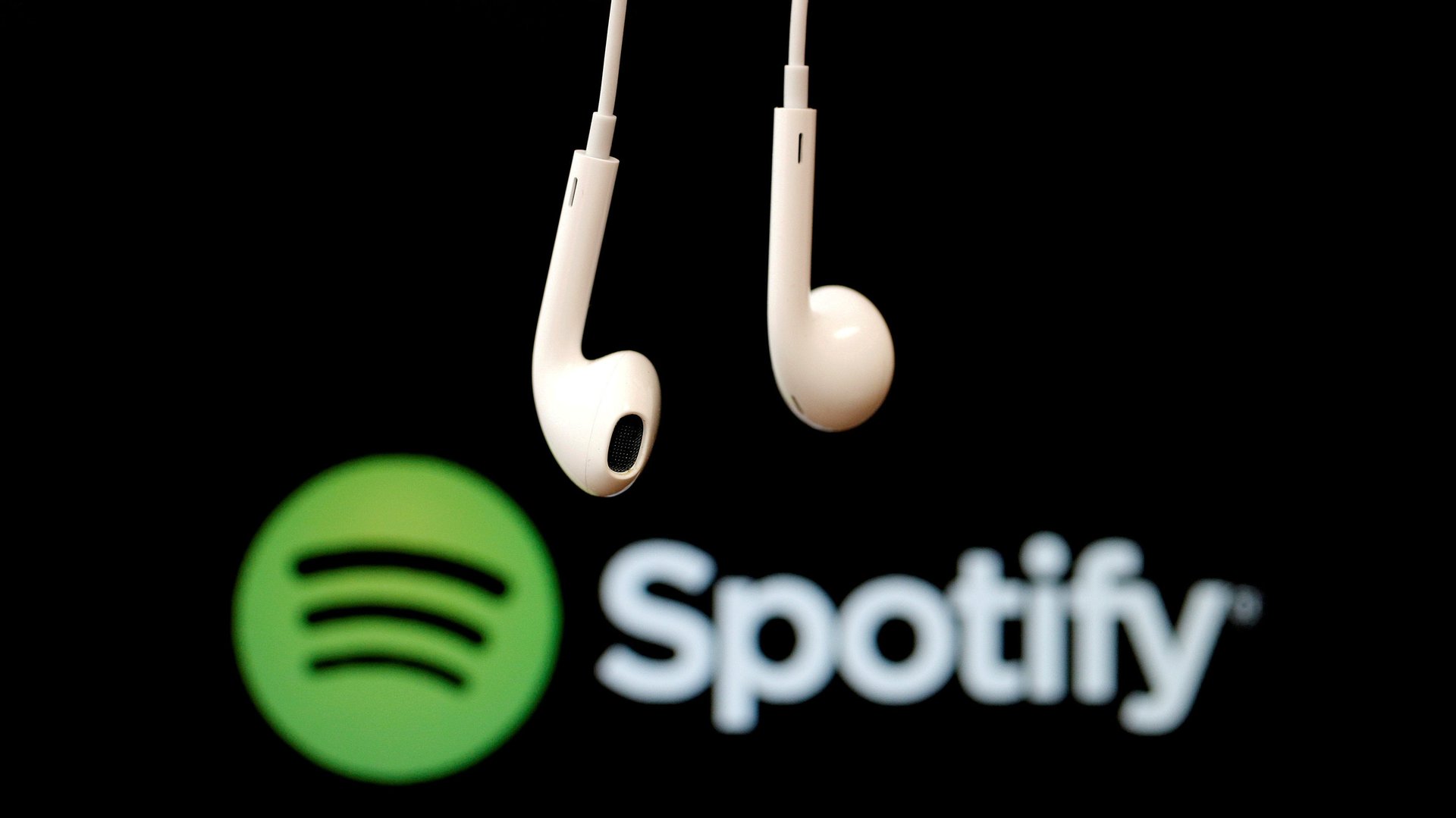What’s at stake for Wall Street in Spotify’s unorthodox IPO
Spotify is joining the ranks of companies listed on the New York Stock Exchange today, and people are paying extra attention because of its unorthodox initial public offering. The music streaming service isn’t using the transaction to raise new money, and banks have a somewhat diminished role in the offering. The unusual IPO could also upend Wall Street’s traditional way of doing things, as well as the private markets that fund tech unicorns.


Spotify is joining the ranks of companies listed on the New York Stock Exchange today, and people are paying extra attention because of its unorthodox initial public offering. The music streaming service isn’t using the transaction to raise new money, and banks have a somewhat diminished role in the offering. The unusual IPO could also upend Wall Street’s traditional way of doing things, as well as the private markets that fund tech unicorns.
Stockholm-based Spotify can do things differently because it doesn’t need to raise money, typically the main reason for doing an IPO. (What’s more, there is plenty of available cash in private markets for promising tech companies, so many put off listing for as long as possible.) Instead, Spotify’s “direct listing” on NYSE will give existing shareholders a way to quickly and easily cash out their stakes in the 12-year-old company. The process will cost the company at least $43 million in fees for banks, including Morgan Stanley, although it will rely on a smaller number of advisers than other companies typically use for a new listing.
Banks usually provide stabilization for IPOs, but not in Spotify’s case. The company has forgone bank underwriters to allocate shares to large investors, which helps set the initial pricing for shares. It also skipped the traditional roadshow, where banks and company executives meet with large investors to pitch the stock, another way to drum up interest and get a feel for the right price to offer in an IPO. Spotify is leaving it up to the market to find a price without the handholding that banks perform—for a fee—to make sure things go smoothly. This could put extra pressure on Citadel Securities, the designated market maker at NYSE, which is charged with maintaining orderly trading for Spotify’s stock.
While Spotify shares will trade publicly for the first time today—meaning anyone can buy and sell them—its equity has been changing hands in private secondary markets for some time. Public trading will reveal whether those prices were accurate and efficient. Some 13 million of Spotify shares traded between October and March 9, according to PitchBook (pdf), with prices dotted around a huge range. The company was valued at $19 billion last year, based on a private deal.
If that trading turns out to be an accurate predictor of the IPO, then it will represent a vote of confidence for the private capital markets that tech companies have increasingly preferred to public markets, which require higher levels of disclosure and can require founders to surrender more control. Spotify’s share price has ranged from $48.93 to $132.50 this year in private secondary markets, according to PitchBook; NYSE set its reference price at $132, which will be used to help build its order book today.
Here’s how to look at it:
If Spotify’s IPO goes smoothly, it might suggest that Wall Street’s services are overrated. Aswath Damodaran, a professor of finance at NYU, argued on his blog that banks’ pricing metrics are fairly crude, and that roadshows provide little information for investors beyond what’s already in the prospectus. A successful, no-nonsense listing would normally be celebrated by banks, but perhaps not so much in Spotify’s case.
If Spotify’s IPO is a flop, it would support the IPO status quo, while also casting doubt on entire herds of tech unicorns with high-flying valuations, as well as the private markets that feed them. And regardless of how it goes, expect a talking point to be that most companies aren’t as well known as Spotify, nor in an industry that can raise money as easily. For companies in less sexy sectors—or even tech companies if investor appetite starts to wane—Wall Street’s traditional IPO services are still seen as a necessity.